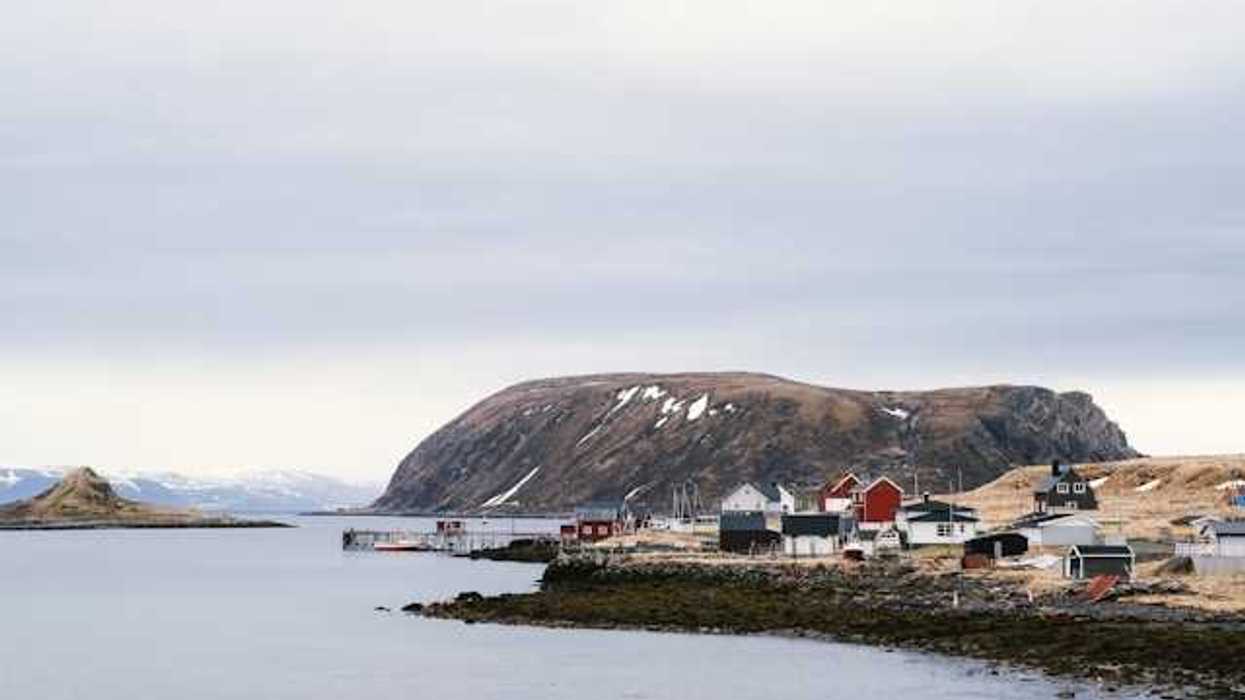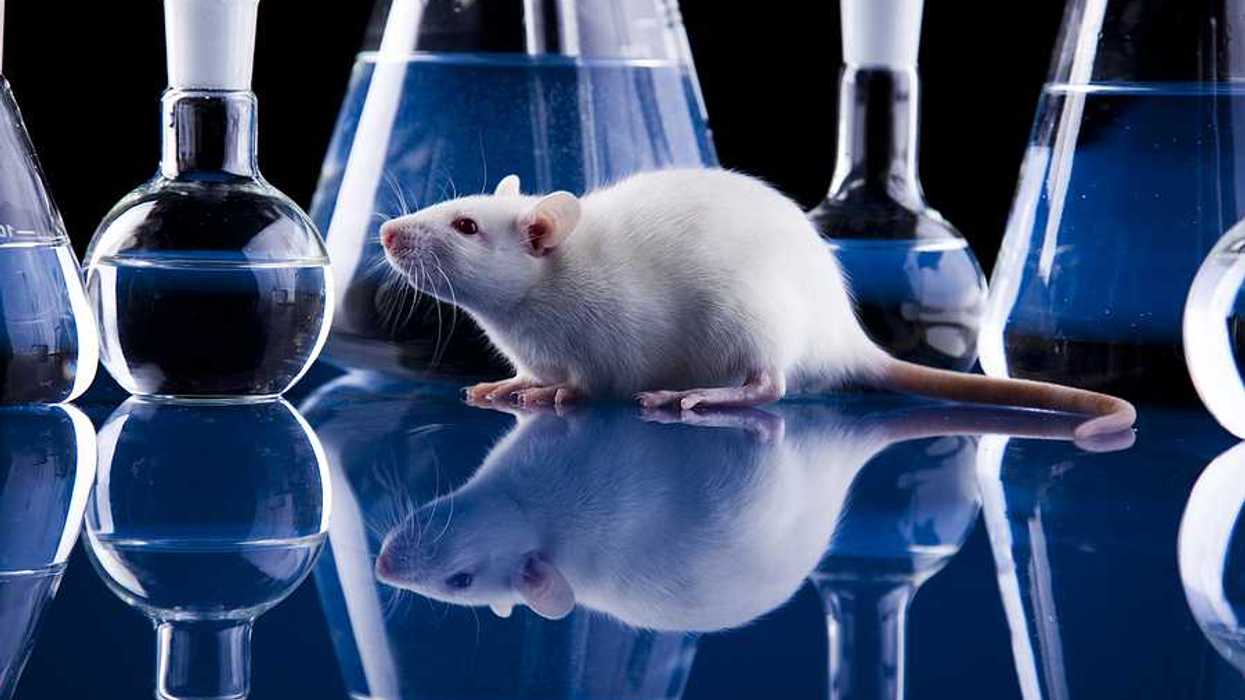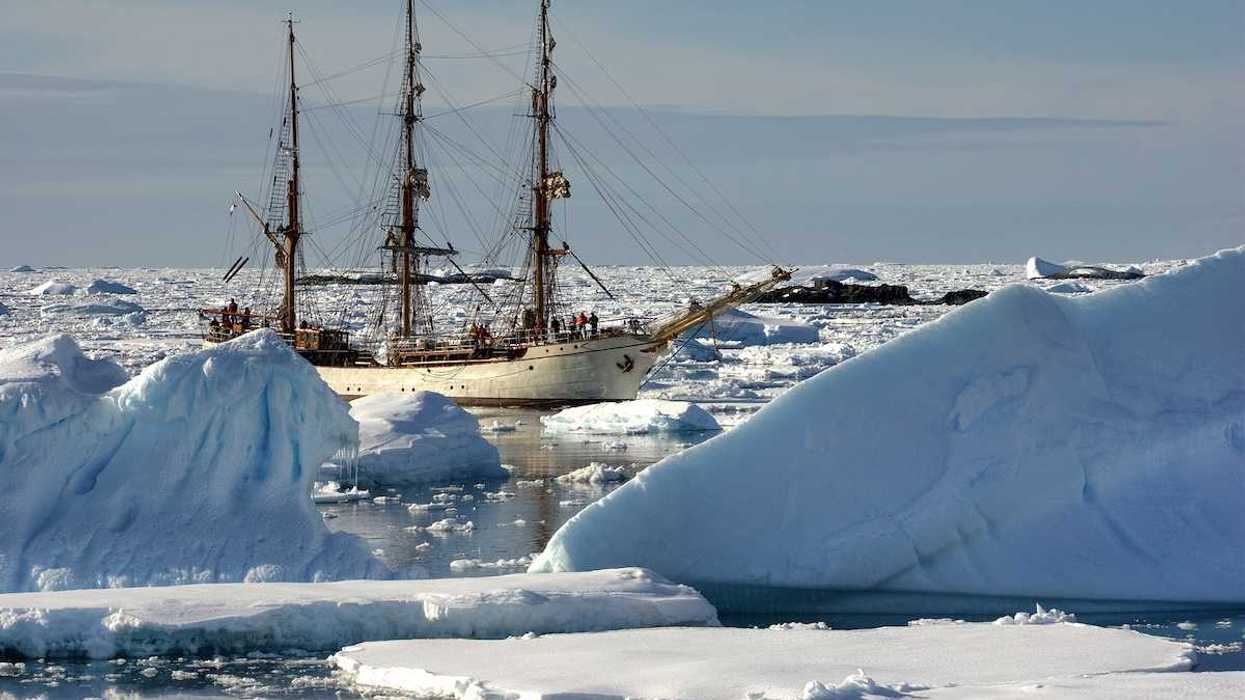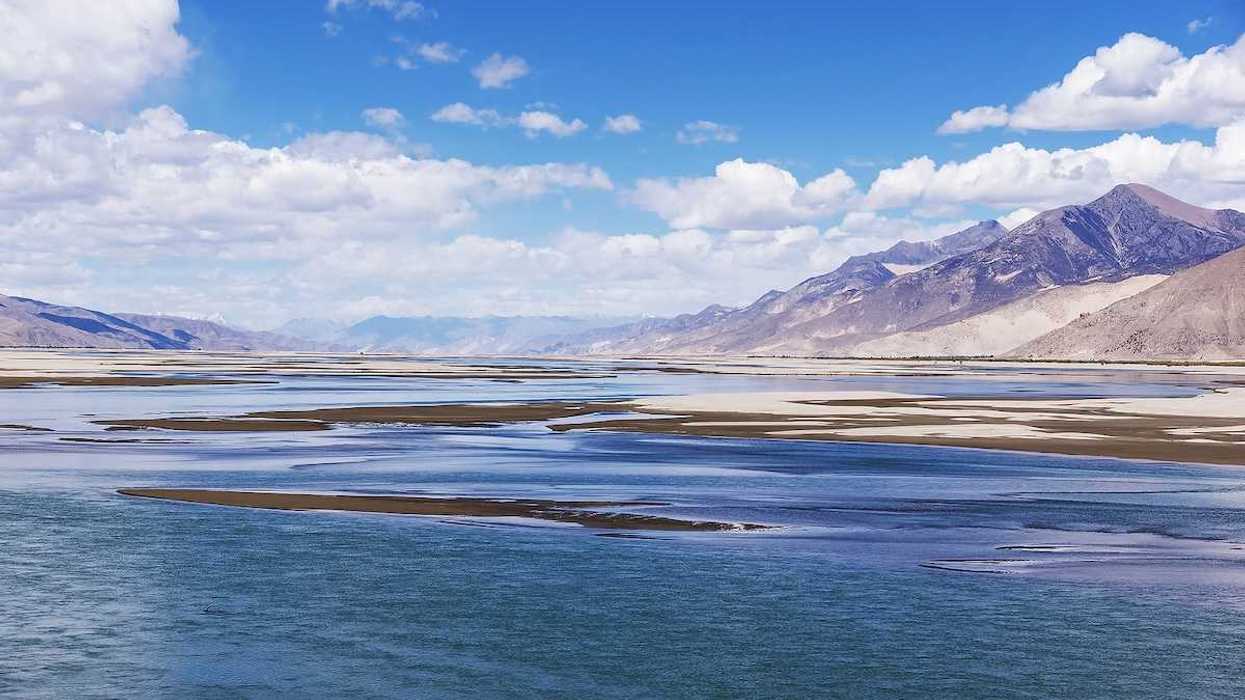Scientists warn of potential environmental disaster in the North Sea due to decaying oil and gas pipelines releasing toxic substances.
Rachel Salvidge and Leana Hosea report for The Guardian.
In short:
- Decaying pipelines in the North Sea may release mercury and radioactive substances, posing significant risks to marine life.
- The accumulated mercury in pipelines could increase mercury levels in the sea, affecting the food web and marine biodiversity.
- Current regulations allow these pipelines to remain after decommissioning, raising concerns about long-term environmental impacts.
Key quote:
"Even a small increase in mercury levels in the sea will have a dramatic impact on the animals at the top of the food web."
— Lhiam Paton, researcher, Institute for Analytical Chemistry, University of Graz
Why this matters:
Over time, oil and gas pipelines, often neglected or forgotten, can corrode and leak, introducing hazardous substances into the water. They can cause a range of issues, from physiological stress to genetic damage in fish and other sea creatures. Such contamination can lead to a decrease in biodiversity and can disrupt delicate marine ecosystems.
Be sure to read: Coal, oil and gas have given communities across the U.S. both steady paychecks and devastating pollution.














